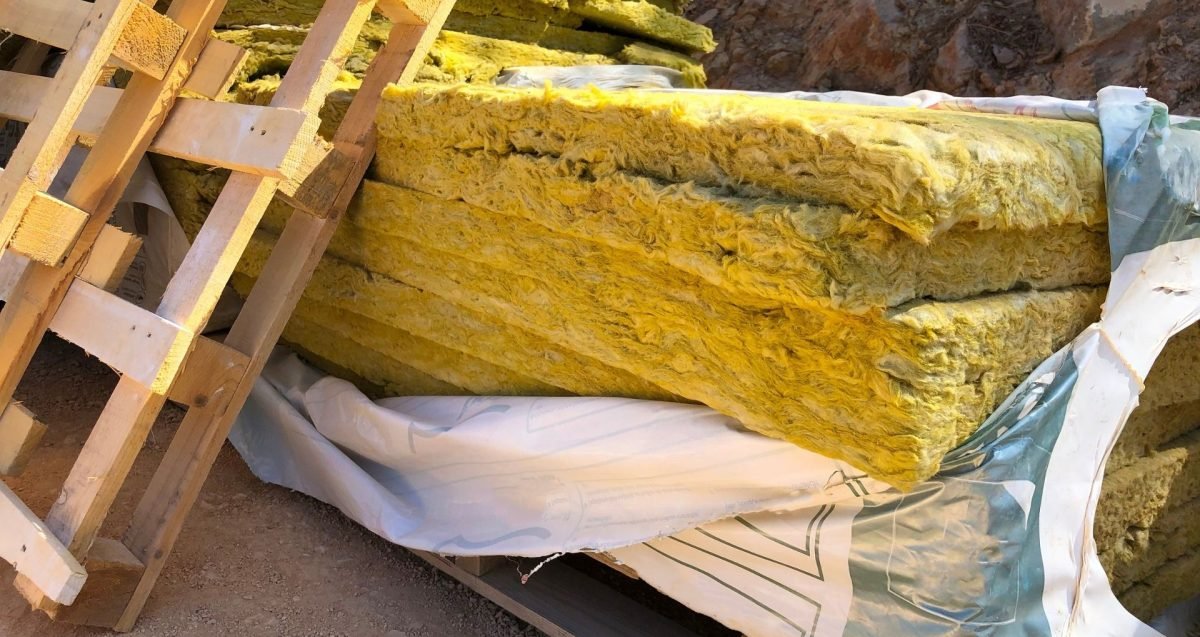What is Rock Wool and Why is it Used in Modular Home Walls?

As energy efficiency and sustainability become priorities in modern construction, materials like rock wool play a crucial role in modular homes. Known for its superior insulation properties, rock wool enhances thermal comfort, reduces noise, and improves fire safety in modular home walls. Let’s explore what rock wool is, how manufacturers produce it, and why builders prefer it for insulation in modular homes.
What is Rock Wool?
Rock wool, also called mineral wool or stone wool, serves as an effective insulation material made from natural rock and raw materials like basalt, slag, and recycled stone. Manufacturers melt these materials at high temperatures (around 1,600°C) and spin them into thin fibers, creating a wool-like texture. They then compress the fibers into boards, batts, or loose-fill insulation for various construction applications.
Key Properties of Rock Wool
- Thermal Insulation – Retains heat, keeping homes warm in winter and cool in summer.
- Fire Resistance – Withstands temperatures over 1,000°C without burning, adding a layer of fire protection.
- Acoustic Insulation – Absorbs sound waves, reducing noise between rooms.
- Moisture Resistance – Repels water while maintaining breathability, preventing mold and mildew growth.
- Eco-Friendly – Uses natural and recycled materials, lowering its environmental footprint.
Why Use Rock Wool for Insulating Modular Home Walls?
Energy Efficiency
Rock wool provides exceptional thermal insulation, reducing heat loss in winter and preventing heat gain in summer. This insulation lowers heating and cooling costs, making modular homes more energy-efficient.
Fire Safety
In compact and densely populated areas, fire safety remains a top priority. Rock wool’s non-combustible nature helps protect modular homes by reducing fire risks and improving overall safety.
Noise Reduction
For modular homes in urban settings, resorts, or camping areas, noise control becomes essential. Rock wool absorbs sound effectively, creating a quieter indoor environment, ideal for homes, offices, and getaway cottages.
Moisture Control
Homes in humid or rainy regions require insulation that resists moisture. Rock wool prevents water absorption, protecting walls and ensuring long-term structural integrity.
Easy Installation
Lightweight and easy to cut, rock wool fits seamlessly into wall cavities, speeding up the construction process of modular homes.
Environmental Benefits
With its sustainable composition and recyclability, rock wool supports eco-friendly building practices, appealing to environmentally conscious homeowners.
Applications of Rock Wool in Modular Homes
- Exterior Wall Insulation – Shields homes from extreme weather while maintaining indoor comfort.
- Interior Partition Walls – Reduces noise transfer between rooms, enhancing privacy.
- Roof and Ceiling Insulation – Improves thermal performance and minimizes heat loss.
- Fireproofing – Provides additional protection in wildfire-prone areas and high-safety zones.
Advantages of Using Rock Wool in Modular Homes
- Durability – Maintains insulating properties over time without degradation.
- Versatility – Works well in various climates and construction types.
- Cost-Effectiveness – Lowers energy bills and maintenance costs, offering long-term savings.
Rock wool stands out as a reliable and effective insulation material for modular home walls. With its impressive thermal, acoustic, and fire-resistant properties, it enhances modern modular construction. Whether you’re building a cozy mountain retreat, a beachside cabin, or a prefabricated urban office, rock wool delivers comfort, safety, and sustainability.
Choosing rock wool insulation ensures a well-protected, energy-efficient, and eco-friendly modular home for years to come.
